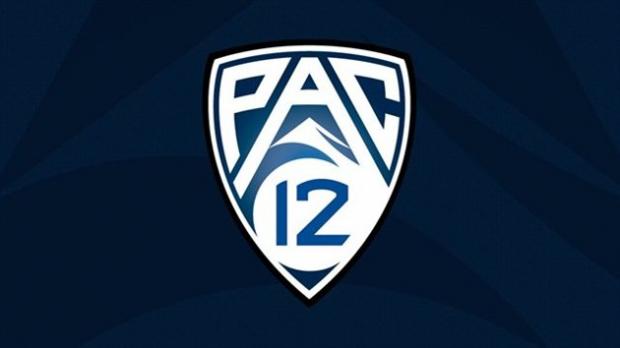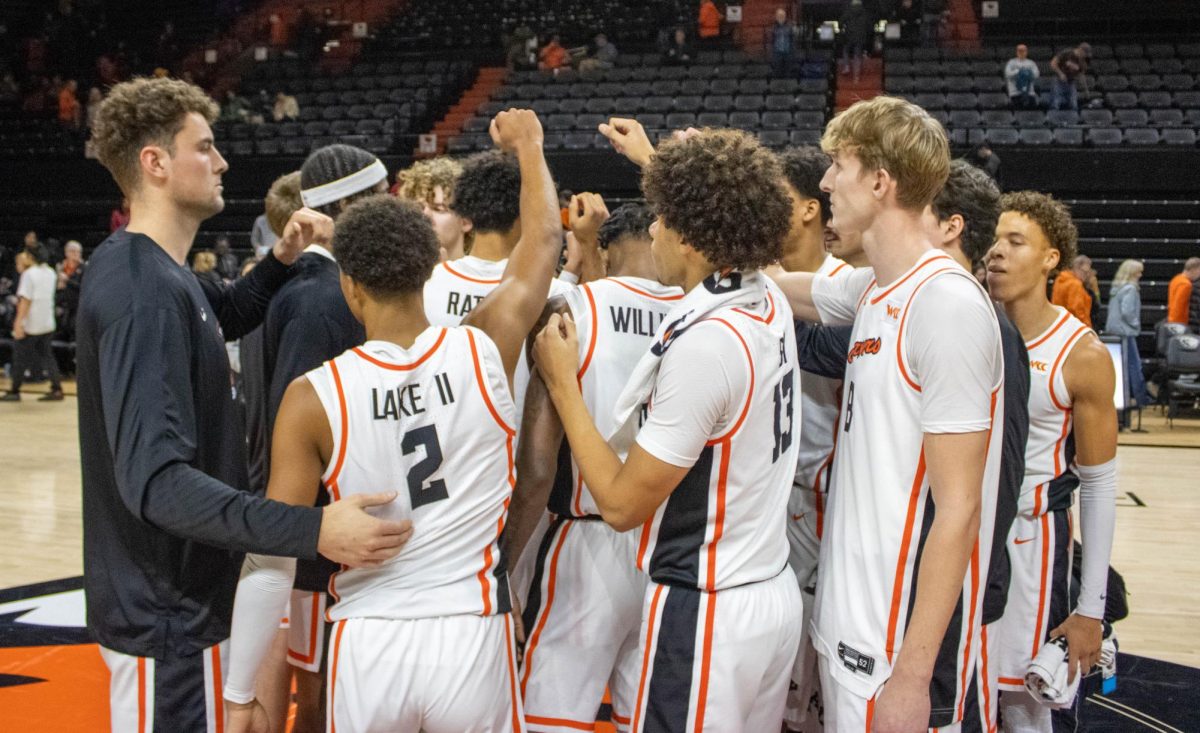The Pac-12’s two remaining universities have brought legal action against the conference and the conference commissioner, George Kliavkoff, to prevent “irreparable harm” to the conference and the two remaining schools.
Oregon State University and Washington State University, which make up the remaining schools in the conference, filed the suit on Sept. 8 in the state of Washington in Whitman County, where Washington State University is located.
The filing includes a temporary restraining order which seeks to prevent the Pac-12 from allowing board of directors members from schools that have announced to leave the conference, from meeting or attempting to take action on the status or governance of the conference in any way that would prevent OSU and WSU from rebuilding the conference.
The filing also includes the request that OSU and WSU be made the remaining sole voting members of the Pac-12 Board of Directors, according to a press release from OSU. If OSU and WSU are made sole voting members of the PAC-12 Board of Directors, they would have sole control of the monetary assets and revenue streams of the PAC-12 Conference.
“As the two remaining member institutions of the Pac-12, we are stepping forward with urgency to safeguard the integrity of the conference and preserve its legacy on behalf of student-athletes, fans and the conference itself,” OSU President Jayathi Murthy said. “We’ve heard the voices of constituents at home and from across the West about how much the Pac-12 and our regional rivalries mean to them. We are linking arms and fighting on their behalf.”
In a statement released today, Murthy expressed that OSU and WSU, as land grant institutions, support economic growth through education research and extension work.
“None of us are served by the financial incentives driving conference realignment,” Murthy said.
In the legal filing, OSU and WSU said that when the departing universities announced they would leave the conference, they gave up their voting rights according to PAC-12 Conference by-laws. Additionally, with alignment to competing conferences, the departing universities would also have a conflict of interest in any voting on Pac-12 matters.
“While we will certainly act prudently in any financial decisions we make, in continued collaboration and consultation with the departing members, we cannot allow others to block our continued exploration of future options for the conference and our institutions,” Murthy said in a statement.


















































































































